Conference on interspecies comparisons of welfare
Overview
In April 2022, Rethink Priorities and The London School of Economics and Political Science Foundations of Animal Sentience (ASENT) project sponsored a conference on the problems and prospects for making interspecies welfare comparisons.
Comparisons across species are not straightforward because there are significant differences between animals with respect to their cognitive, affective, and sensory capabilities. Such comparisons require input from many fields, including animal welfare science, evolutionary biology, comparative cognition, neuroethology, ecology, economics, philosophy, and others. This breadth of perspective is essential to understanding the differences between species, the relevance of those differences for welfare, and how we can both quantify and aggregate welfare to address practical problems. For instance:
Food production: When, if ever, is it better to replace the consumption of larger animals (cattle, pigs) with smaller ones (chicken, fish), resulting in harm to a greater number of animals for the same amount of meat?
Animal use in research: When animal care and use committees are assessing research protocols, how should the harms to animals be quantified and compared to the expected human benefit of those research efforts? Relatedly, how should harms to different model organisms be compared? Is it acceptable to harm a greater number of invertebrates to avoid harming a smaller number of vertebrates?
Allocation of resources: How should governments allocate scarce resources to address the suffering of the members of different species in the wake of devastating natural disasters, such as the 2020 wildfires in Australia? For instance, should euthanizing severely injured mammals be a higher priority than euthanizing severely injured avian species?
Animal welfare interventions: Major charitable organizations want to invest in improving animal welfare. As insect farming takes off, these organizations have to decide whether they should fund interventions that aim to improve the welfare of crickets and black soldier flies. Should they? If so, how should they prioritize those causes relative to others?
Presentations
The conference included the following sessions. Please find recordings of each speaker’s presentation linked below where available.
Conference Introduction: Adam Shriver, Rethink Priorities; Jonathan Birch and Heather Browning, London School of Economics
Keynote # 1: Heather Browning, the London School of Economics: “Framework for welfare comparisons”
Charlotte Burn, Royal Veterinary College: “Which species have the capacity to suffer from boredom, and why does it matter?”
Leonard Dung, Ruhr-Universität Bochum: “Investigating the dimensions of animal wellbeing”
Elvis Gleeson, the Australian National University: “How much does death harm a non-human species?”
Simon Brown, Johns Hopkins University: “Narratives, reinforcement learning, and death in other animals”
Joint Session: Jonathan Birch, the London School of Economics: “Animal Sentience and Interspecies Welfare Comparisons”
Christopher Frugé, Rutgers University: “Aggregating wellbeing”
Carrie Figdor, University of Iowa: “Moral status from an evolutionary perspective”
Luke Hecht, Wild Animal Initiative: “Accounting for demography in assessment and interspecific comparisons of wild animal welfare”
Tatjana Višak: “An evolutionary argument in favor of an equal capacity for welfare”
Keynote #2: Georgia Mason, University of Guelph: “Making statistically valid use of multi-species datasets”
Keynote #3: Liz Paul, University of Bristol: “The Sentience Problem — What can comparative psychology tell us?”
Emma Mellor, University of Bristol: “Inter-species comparisons identify cognitive abilities and aspects of natural foraging style as welfare risk factors in captive parrots”
Vittoria Elliott, Wild Animal Initiative: “It's not just a numbers game”
Leanne Proops, University of Portsmouth: “Using comparative phylogenetic methods to identify the risk factors for stereotypic behaviour in ungulates”
Mauro Rossi, Université du Québec à Montréal: “Are non-human animals worse off than human animals?”
Panel on Affective States with Morten Kringelbach, University of Oxford; Amanda Williams, University College London; Tom Smulders, Newcastle University
Gary Comstock, North Carolina State University: “Some, not all, decapods are sentient: an assessment”
Benjamin Lecorps, University of Bristol: “Are animals predictive machines and what would that mean for their welfare?”
Keynote #4: Marc Bracke, Wageningen Livestock Research: “From welfare assessment and interspecies comparisons to a sustainable circular welfare economy based on integrity”
